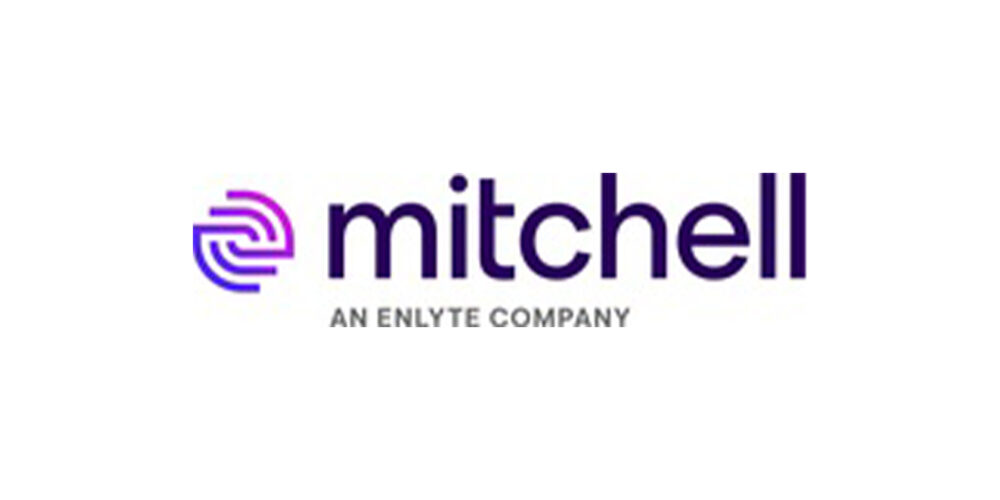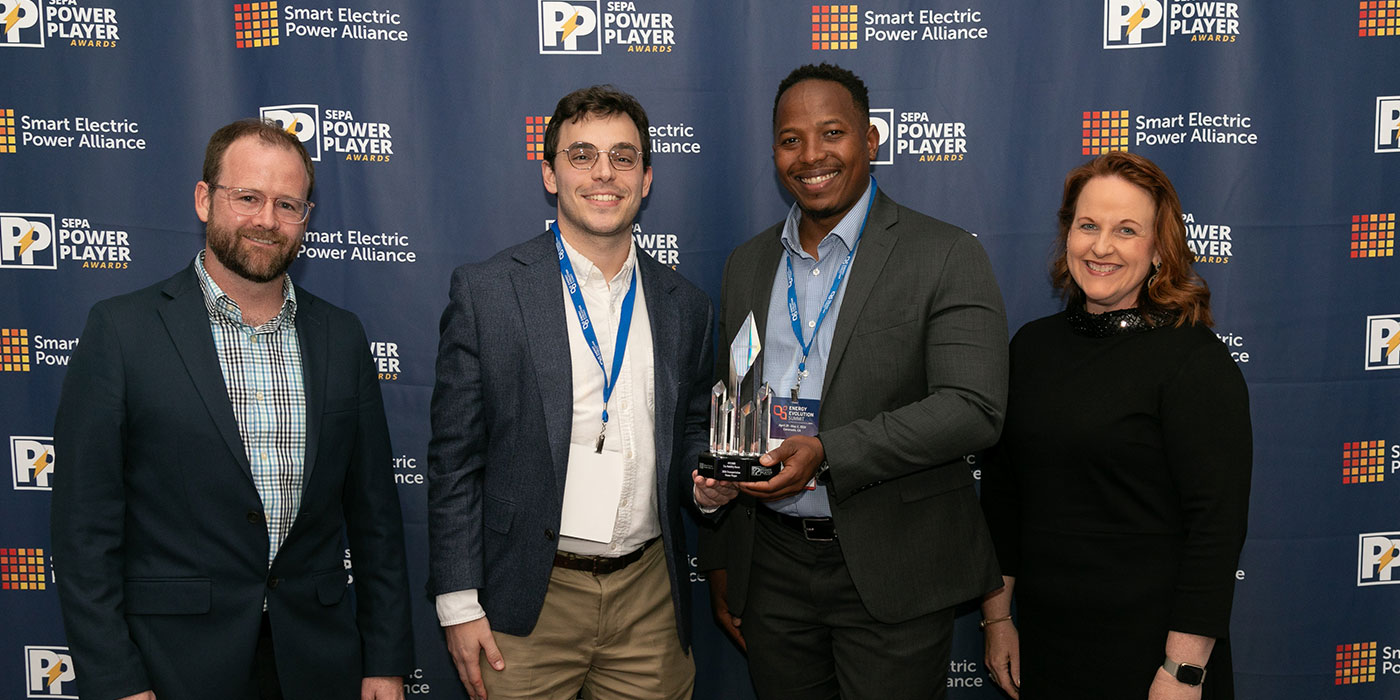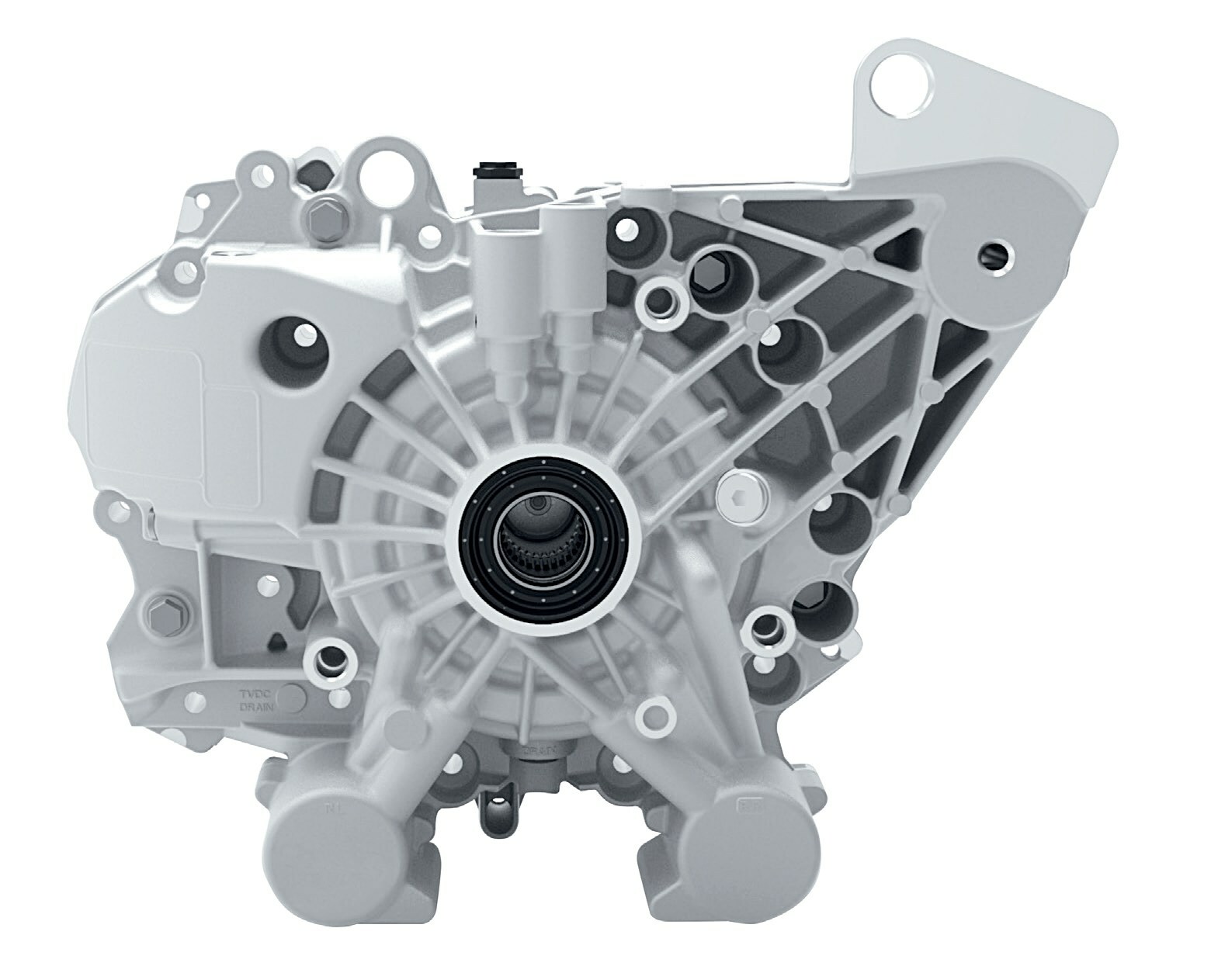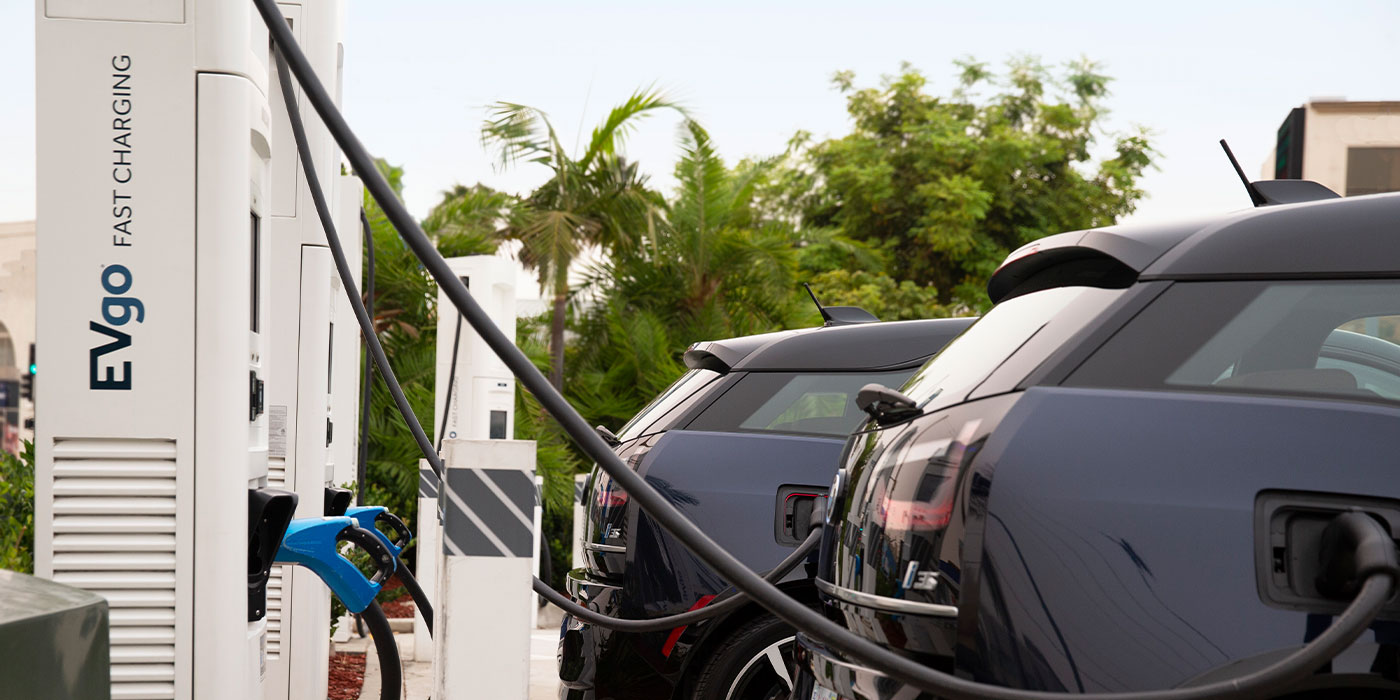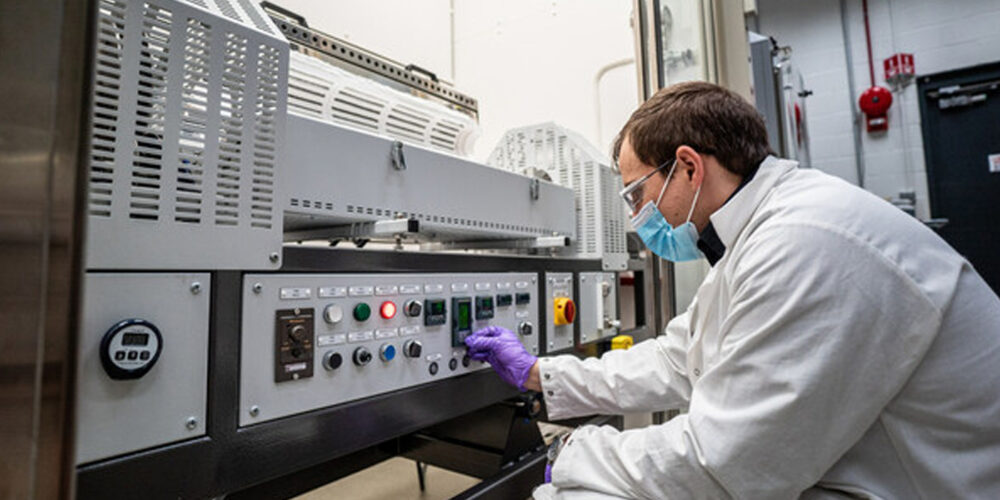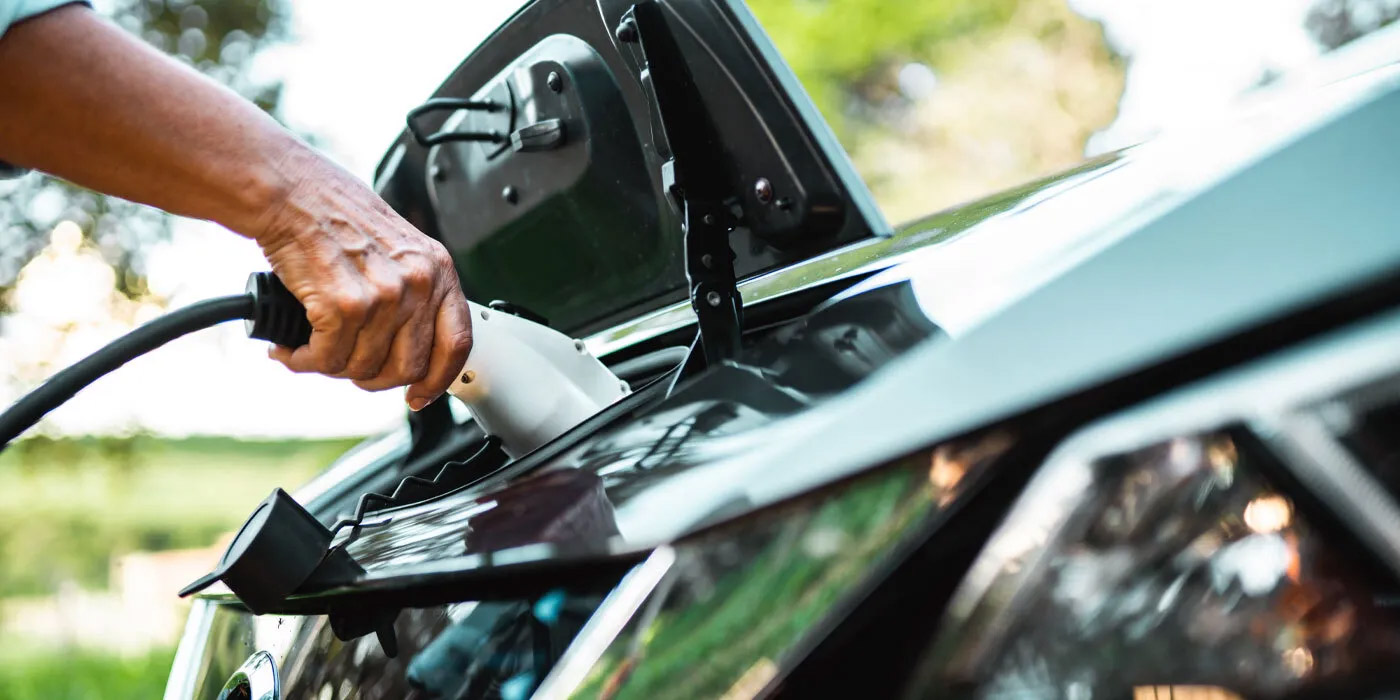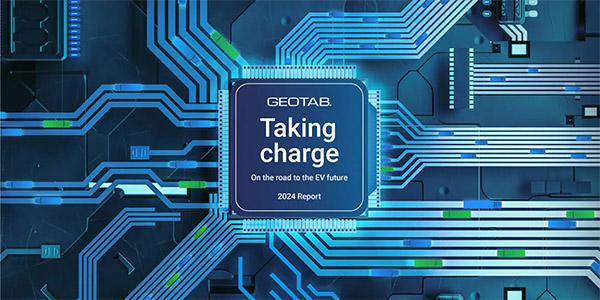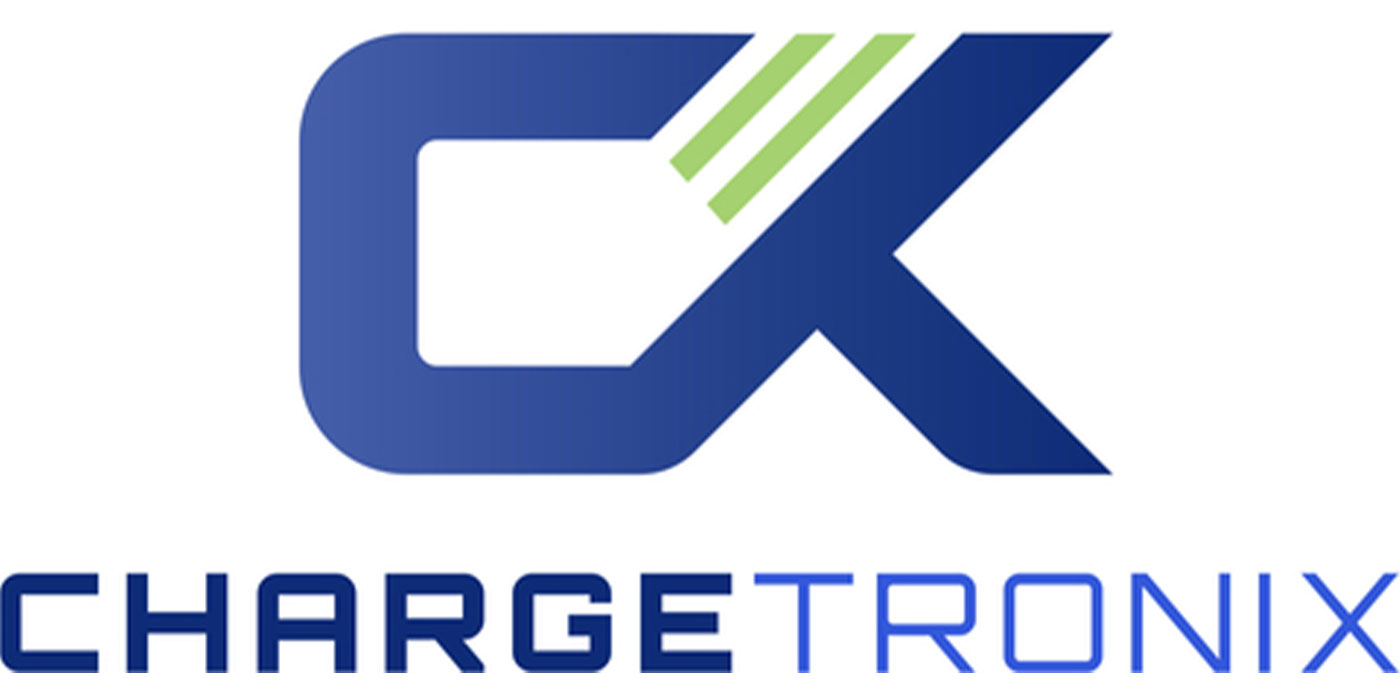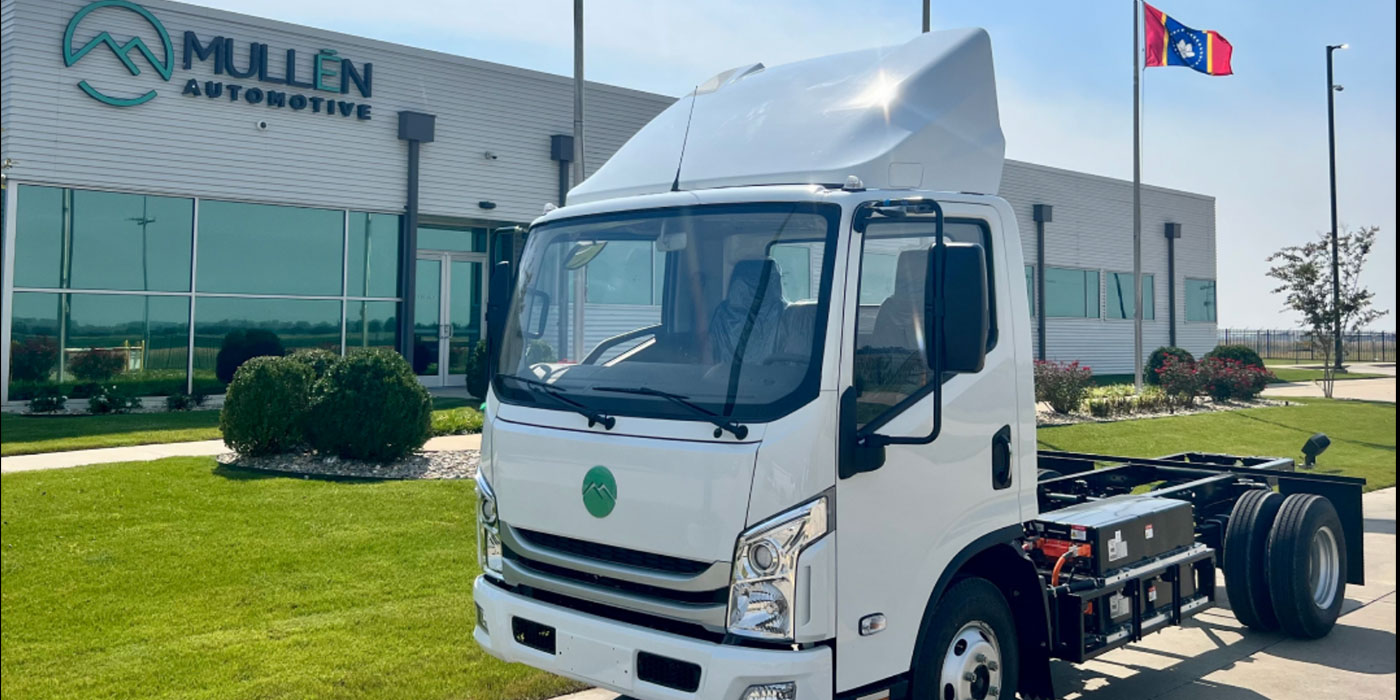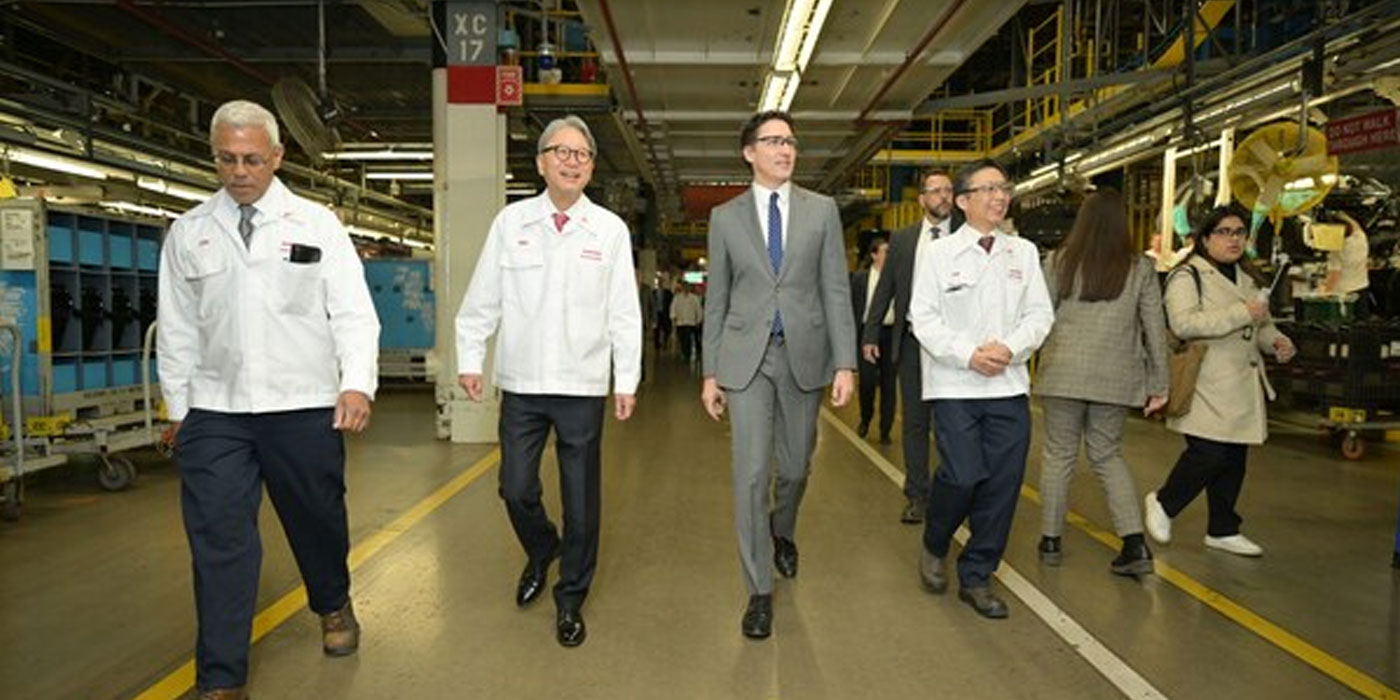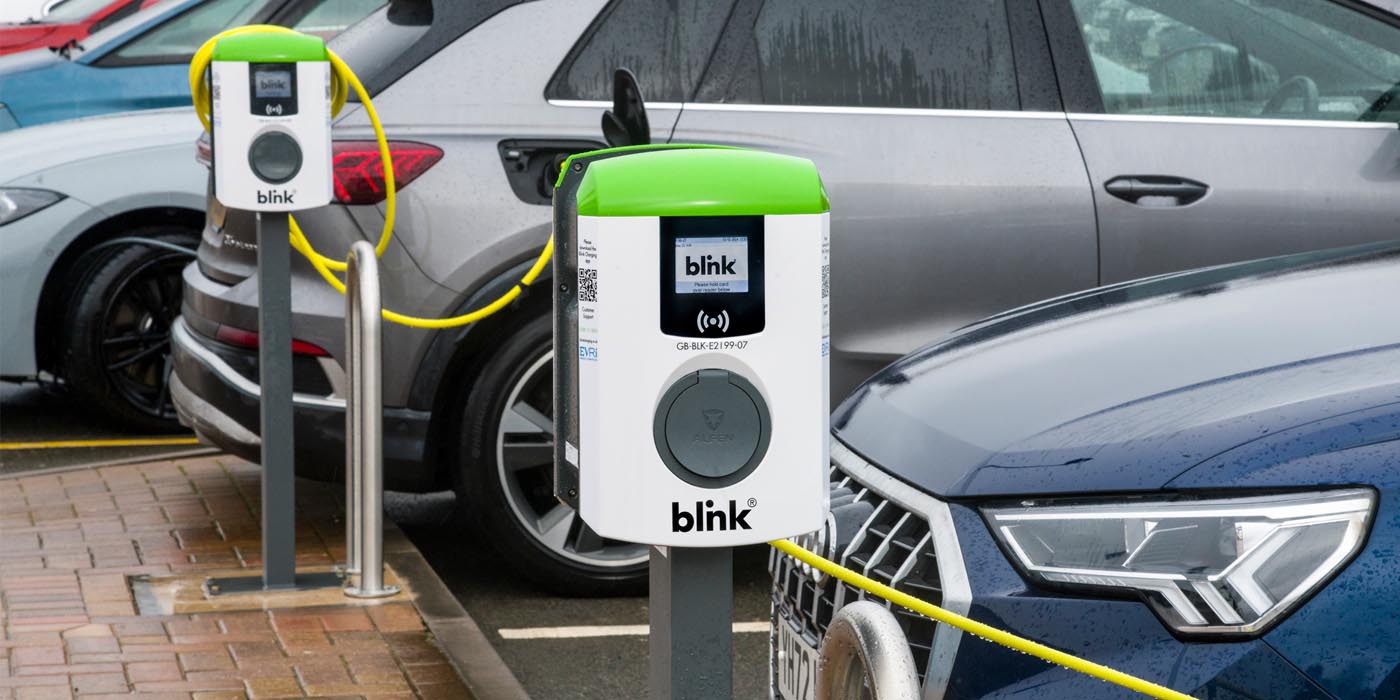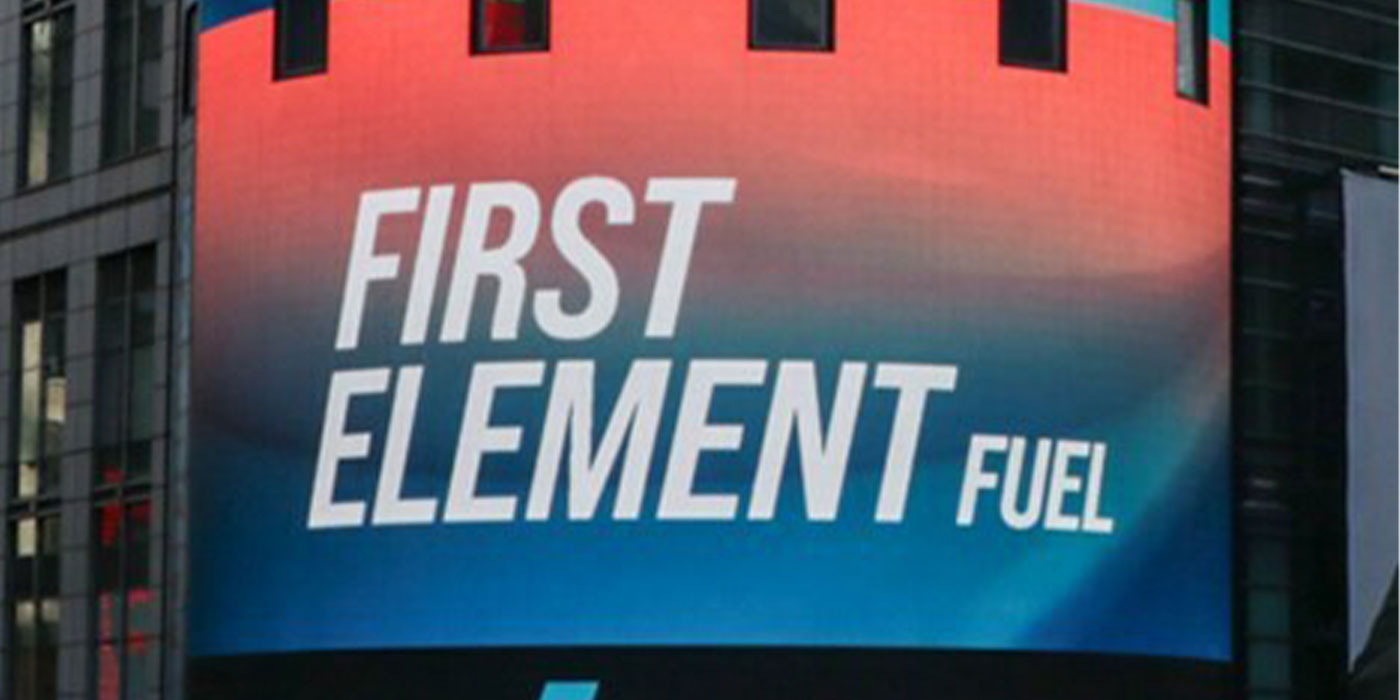Mitchell, an Enlyte company and technology and information provider for the Property & Casualty (P&C) claims and Collision Repair industries, has announced the publication of its latest trends report: Plugged-In: EV Collision Insights. This issue provides a year-over-year analysis of EV claims volume, which increased in 2023 by more than 40% in the U.S. and Canada.
“2023 was a record year for electric vehicles,” said Ryan Mandell, Mitchell’s director of claims performance. “Not only did the frequency of EV collision claims rise to historic levels but the U.S. also surpassed 1.2 million in new EV sales for the first time ever. As long as consumer adoption remains strong, EVs will continue to have a significant impact on the auto insurance industry—creating challenges for everything from underwriting to the delivery of proper and safe repairs,” Mandell continued.
In addition to tracking 2023 claims volume, the Mitchell report compares EVs to automobiles with an internal combustion engine (ICE), highlighting differences in:
- Claims Severity: Last year, average severity in the U.S. for repairable EVs was $6,018 compared to $4,696 for ICE alternatives, a difference of $1,322. This represents a year-over-year decrease of 5% for EVs and an increase of 3% for ICE vehicles. In Canada, severity was $6,795 for EVs versus $5,122 for ICE-powered options, jumping 8% from 2022 to 2023.
- Vehicle Complexity: For 2020 and newer collision-damaged automobiles, EV repairs were 50% more likely to include an operation associated with the sensors used in advanced driver assistance systems (ADAS) based on 2023 data than ICE vehicles—which also rely on ADAS.
- Parts Repairability: EVs are more likely to use parts made of lightweight materials, which can impact repairability. In 2023, on average only 12% of EV parts were repaired versus replaced. For ICE-powered options, the percentage of parts repaired was closer to 15%.
- Material Construction: EVs tend to be heavier than ICE automobiles due to the battery weight. That may be one reason why they had a higher frequency of air bag deployments (3.62%) than ICE options (2.45%) last year, adding to repair costs.
The publication also details the top North American regions and vehicle models associated with EV collision claims in 2023.
To download the full report, visit the Mitchell website.

